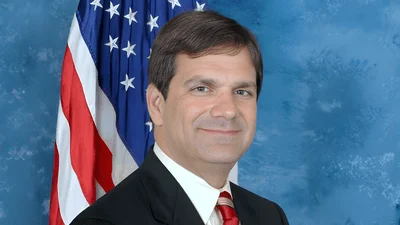WASHINGTON, DC - Today, Ways and Means Committee Chairman Richard E. Neal (D-MA) issued the following statement regarding a newly-released Government Accountability Office (GAO) report he requested about the challenges beneficiaries face when comparing Medicare coverage options on the Medicare Plan Finder (MPF) website:
“Evaluating the right Medicare choices can be a confusing process for beneficiaries, and this GAO report shows that the MPF is not providing adequate assistance. Government selection tools should offer clear guidance in understandable language to ensure users are able to find the coverage that works best for them. Choosing the wrong plan can have real, negative consequences for beneficiaries, like higher out-of-pocket costs or limited access to providers.
“The Centers for Medicare & Medicaid Services (CMS) plans to launch a redesigned MPF website next month, and I strongly encourage the agency take the GAO’s findings into consideration as it finalizes the updated interface."
Contributing to the complexity of the selection process, GAO found that the MPF:
• requires navigation through multiple pages before displaying plan details:
• lacks prominent instructions to help beneficiaries find information; and
• contains complex terms that make it difficult for beneficiaries to understand information.
In conducting its review of the MPF, GAO reviewed research and CMS documentation on the site and surveyed 51 directors of State Health Insurance Assistance Program (SHIP) offices that have counselors who assist beneficiaries with Medicare decisions. Forty SHIP directors completed the survey, resulting in a 78 percent response rate. GAO also interviewed CMS officials and officials with 13 stakeholder groups, including seven beneficiary advocacy groups.







